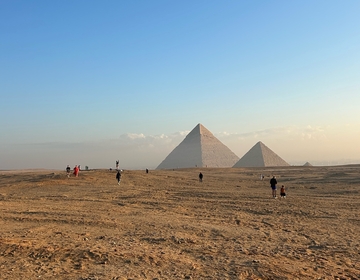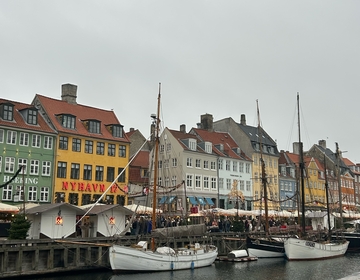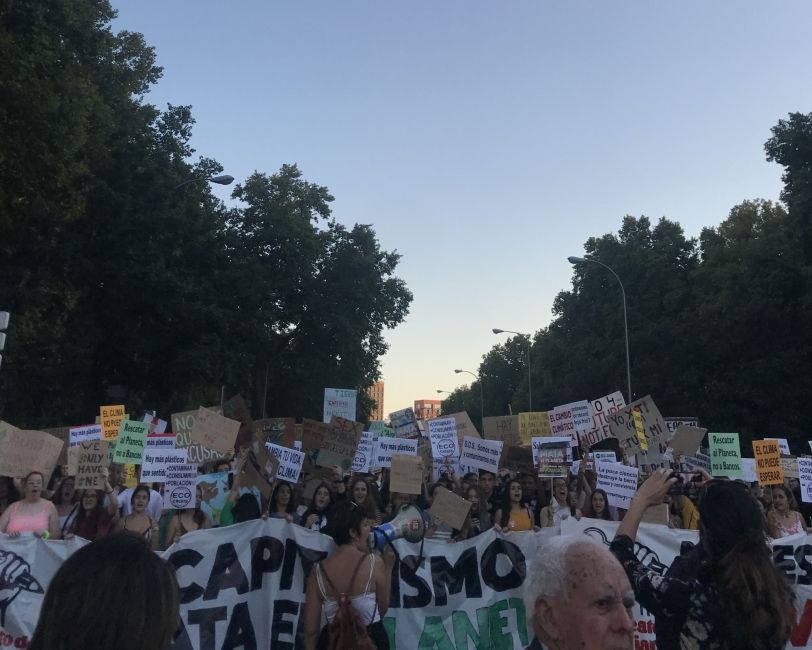Tackling Cultural Resistance
The concept of cultural acceptance is much easier said than committed to in practice. There are vast reasons why one chooses to move halfway around the world to embark on a journey such as teach abroad, however one of the most cited reasons lies in the ability to embrace and partake in a new culture unlike your own. On the list of reasons I chose to go abroad, a new culture is the one that would be highlighted, underlined, and bolded as my main underlying goal. Anyone I ever spoke to who has lived as an expat always told me that the world opens in so many ways when you begin to understand that the way you are used to living is not the only right way.
With this in mind, when I first decided to move to Spain, I saw the idea of cultural immersion as something that would never be a problem to me because I craved it so much when living in my own American culture. Like the saying “when in Rome, do as the Romans do”, when in Spain, act like a Spaniard. In a month, I thought it would be so easy to adapt to eating dinner at 10pm, taking life slowly, and making tons of Spanish friends.
However, now that I have been in Spain for six weeks, I have found that drifting back to my old American ways is so easy and learning to adapt fully all at once is nearly impossible. I am drawn to friends who only speak English, still invested fully into American pop culture, and seriously still cannot figure out the metric system to save my life. Even though I wholeheartedly love Spanish culture in all its beauty, I feel like at times I'm still looking at it through a window. I have now accepted the fact that instead of an adopted Spaniard, I am a full-fledged American in Spain and it most definitely shows to the locals around me. This major discovery leads me to an important conclusion that maybe I am not as resistant to ethnocentrism as I once believed I was. My secret magnetism to all things American is not paired with arrogance or a belief that my own culture is superior; however it still stagnates my personal growth. This is why I have begun taking smaller baby steps to slowly inch towards immersion instead of going in all at once.
My first step in this process is to find how my interests intersect with what is established in Spain. For example, I am extremely invested in learning about American politics and history so learning Spanish politics and history is a new exciting challenge for me (and on another note, my bilingual secondary school I am now starting to teach at has me assisting in the Geography and History classes making this so much easier!!!) I have begun looking as well into social and political movements here in Madrid to better understand my surroundings. I was even able to attend the Climate Strike, which was an incredible experience allowing me to see the local action on a global issue. Other small steps have included watching more Spanish television, keeping up to date on Spanish local news, and asking as many questions as I can to locals (in Spanish) if I have the chance. I have also taken on another job to bring down my cultural walls, as I am starting private in-home lessons (as many other CIEE participants are doing) with Spanish families.
While evaluating my own cultural obstacles, I have found that homesickness is not a weakness. It is a given. No one, even myself as much as I try, can fully forget everything they have been raised on for over 20 years in the span of 6 weeks. Nothing is as effortless as it seems and learning that I might like to do things differently is an additional challenge I never knew would be present until I moved abroad. Breaking through discomfort in new cultural setting is the first step to making myself a well-developed global citizen for the future.
Related Posts

Who Runs the World? Pharaohs.
Running the Pyramids Half Marathon in Cairo, Egypt Egypt and a half marathon? Let’s run it back—literally. I had the opportunity to travel to Cairo, Egypt, to run the annual... keep reading

Copenhagen Cosplays the North Pole
A Winter Weekend Guide If you’re searching for the perfect winter weekend getaway while studying abroad, Copenhagen deserves a spot at the top of your list. While the city is... keep reading

Let’s Moroccan Roll
A 4-Day Morocco Getaway from Madrid Morocco has become an increasingly popular destination for students studying and working abroad, and after spending four days there, it’s easy to see why... keep reading

